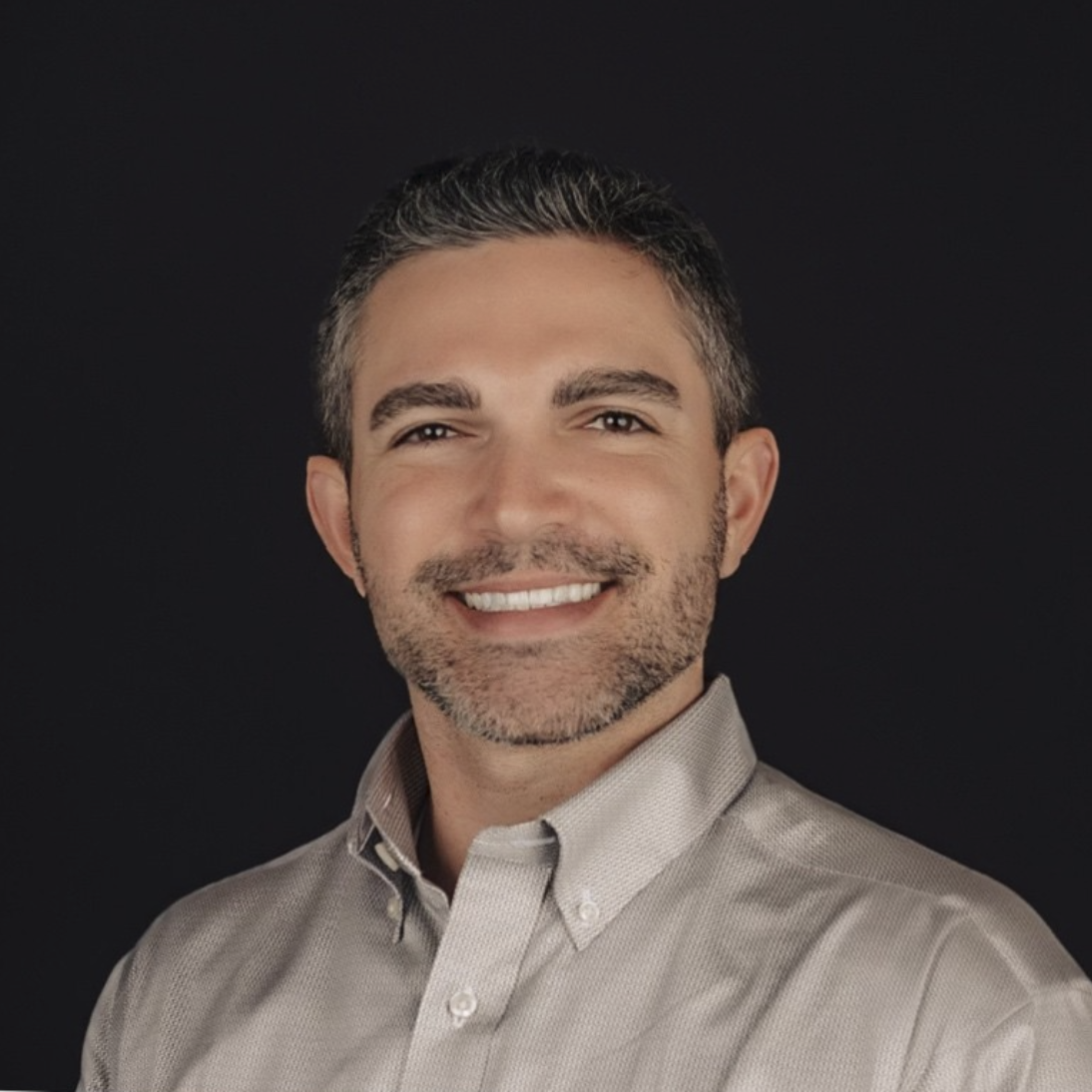 Garrett Driscoll
Garrett Driscoll
UNC Charlotte
Tell us a bit about your scientific and educational background.
When I began my college career, I lacked any comprehension of what it meant to be a college-level student due to my undivided attention to my baseball career. All I cared about was baseball. My initial years of college were a period where my lack of preparation for college led me to believe that I was not smart enough to succeed in higher education. However, I came to realize that it was not a lack of intelligence that kept me from succeeding but a lack of passion, which I eventually found in science. My path into science began by simply understanding how the brain worked in learning and memory.
Eventually, I could work in a developmental neurobiology lab at Winthrop University under Dr. Eric Birgbauer. Our focus was on understanding how developing neurons, specifically the growth cones of neurons, reached their synaptic target and how molecules attracted or repelled neurons from going in the wrong direction. I was fortunate to be the first person at Winthrop to employ CRISPR-Cas9, which led me to want to pursue an understanding of the human genome, particularly how damaged DNA was repaired. Over the past four years, I have had the privilege of working with Dr. Shan Yan at UNC Charlotte, where my Ph.D. work not only understand how our nuclear genome is repaired but also how our mitochondrial DNA functions after chemotherapy treatments.
What do you see as the greatest value or most rewarding aspect of your scientific work?
One of the most valuable experiences for me is taking pride in the ability to communicate science to all audiences. Since my early science career was simply reinforcing the basics, I made it my goal always to be aware of all backgrounds in order to convey information successfully and passionately.
What initially drew you to the EMGS?
I heard about EMGS from Dr. Yan and had others from the lab go to EMGS to highlight their unique experiences. It is also the right place for me to discuss my research since the members are experts in DNA damage.
How has EMGS impacted your professional development?
EMGS has profoundly shaped my professional development by my approach to scientific inquiry. It has exposed me to cutting-edge research on genetic integrity and environmental factors and fostered a multidisciplinary network that broadened my perspective. EMGS allowed me to improve my presentation skills and provided valuable feedback from field leaders, boosting my confidence in contributing to meaningful discussions. The mentorship and collaborative opportunities within the community have accelerated my growth as a researcher, reinforcing the importance of translating scientific findings into actionable insights for public health and policy.
What advice would you offer to students or early career investigators?
Remember, you are at the beginning of your unique career journey. You will see and hear from others about their research that has accumulated over many years, which might make you feel like yours is less significant. It is essential to tell your story and be confident in what you have achieved thus far.
What do you think the greatest scientific achievement in history has been?
The Human Genome Project, a cornerstone of scientific progress, has not only mapped the entire human genetic code but also opened the doors to a new era in medicine. Its role in enabling advancements in personalized medicine gives hope for more effective disease diagnosis, treatment, and prevention.
If you were not a scientist, what would you be doing?
While working through my undergraduate degree, I began umpiring travel baseball. After my first year of umpiring, my friend and I were awarded "best rookie umpires of the year." If I had not found passion in science, I would have pursued being a professional umpire for baseball.
 2025 EMGS Program Chair
2025 EMGS Program Chair